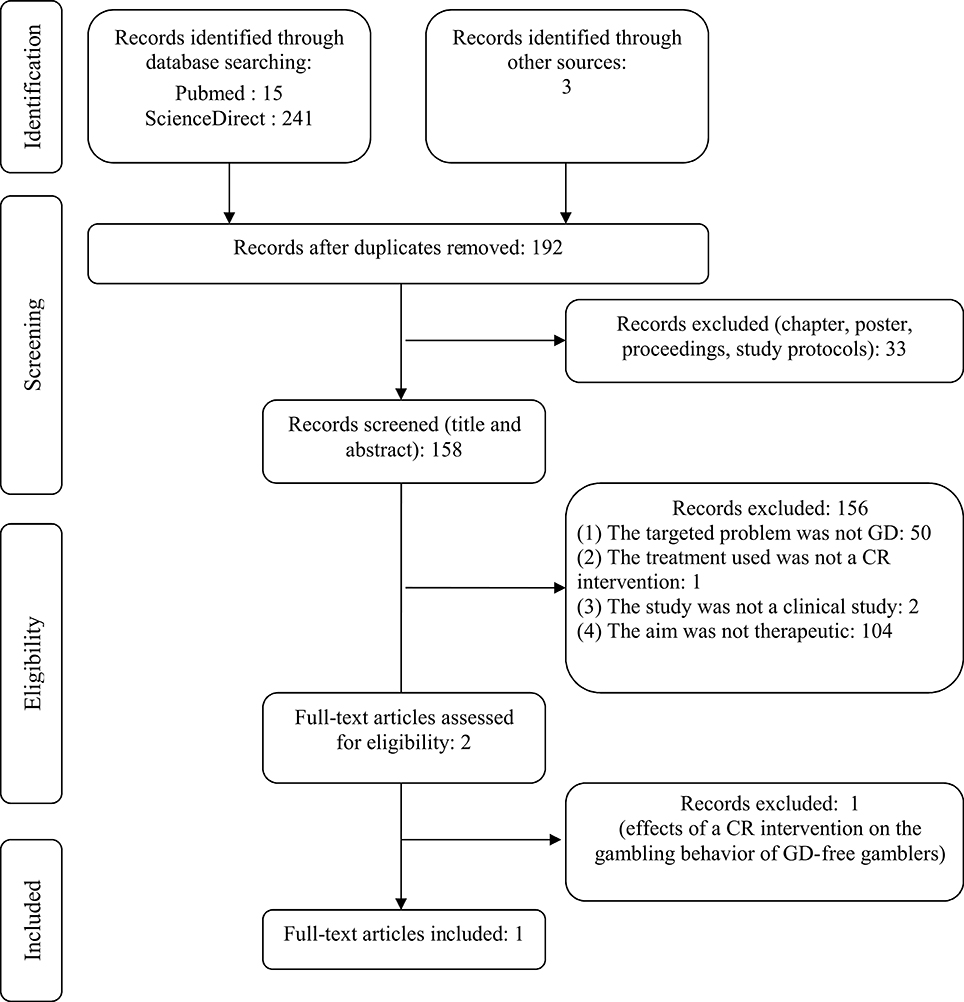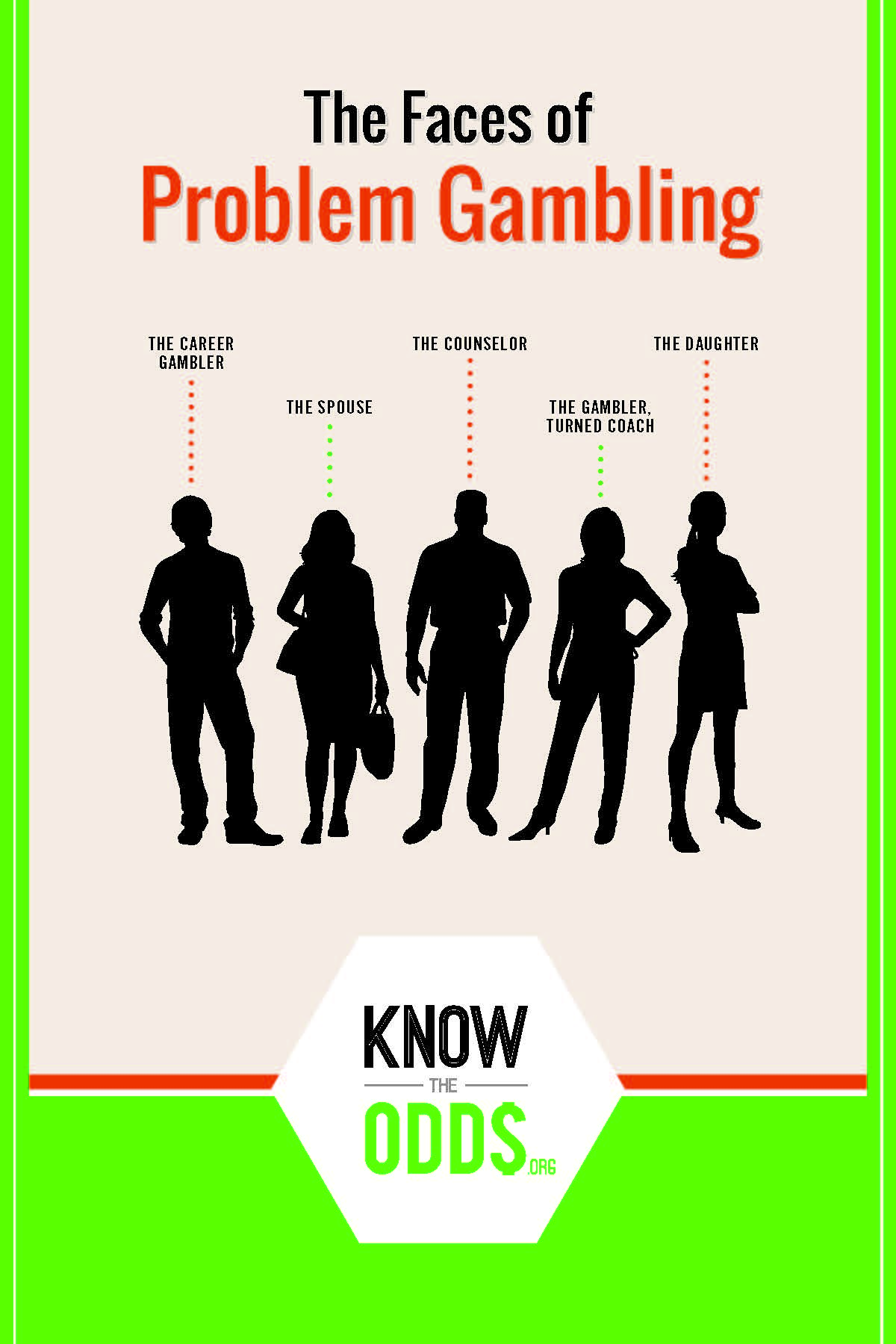Gambling Disorder Treatment Plan
We’d all like to be rich. Playing the lottery or making an occasional trip to Las Vegas or some nearby casino allows us to indulge in the dream of being wealthy someday. Bright lights lure us in and sporadic gaming payouts tempt us into believing we might just hit it big. But, while it’s generally fine for most people to wager on games of chance once in a while, for those at risk of a gambling addiction, giving into the temptation may trigger a slide into a gambling problem.
- Treatment for gambling addiction is highly successful. Don’t wait another day to get help. If you or someone you know struggles with a drug or alcohol addiction (with or without a gambling addiction, call The Recovery Village today at 352.771.2700 to learn about addiction treatment options.
- . The 2013 edition of The ASAM Criteria thus includes a discussion of treatment for Gambling Disorder. Gambling Disorder is widespread and often co-exists with substance-related disorders as well as other mental disorders. Various estimates indicate that 1-2% of U.S. Adults and 2-4% of U.S. Adolescents are diagnosable with Gambling Disorder.
After you or your loved one has been assessed for problem gambling disorder, we’ll recommend the appropriate treatment plan. We offer intensive outpatient treatment, either in-person or via Online Telehealth, in a support group setting or on an individual basis.
Why do People Gamble?
People don’t usually gamble for one single reason, although the underlying motivation for gambling is typically profit based. The thought of seeing coins flowing out of a slot machine like an endless silver waterfall or the Hollywood movie scene of a casino piling stacks of money in front of a winner can move almost anyone to take a chance on gambling.
Aside from profit, however, people often gamble for:
- Excitement – think about the thrill of the flashing lights and bells that go off when someone wins on a slot machine
- Pleasure and the euphoria of winning every so often
- Escape from troubles
- Social valuation – even if they lose a lot of money, a person may feel that the act of gambling shows they are successful enough to be able to afford to lose it (even if that isn’t really true)
- Pride – if someone wins a few hands of poker, they feel smart and invincible
- The chance you could change your life with very little effort
- Social acceptance – this applies to many games, ranging from playing bingo at church to joining in football pools with friends on Game Day
Pathological Gambling Risk Factors
Around 1 to 3 percent of people in the United States are impacted by a gambling problem. As with other addictions, gambling disorders tend to run in families. Those who suffer from this impulse-control disorder also tend to have issues with anxiety and depression and/or problems with substance abuse or alcoholism. The disorder symptoms may come and go, but without treatment, the problem will return.
Gambling Disorder Treatment Plan

A gambling addiction usually starts between the ages of 20 and 40 in females and in early adolescence in males, however it can happen at any stage of life. While it can affect anyone, the risk of compulsive gambling increases in those who are highly competitive, are workaholics, have a friend or family member with a gambling compulsion, or in those who have bipolar disorder, obsessive-compulsive disorder (OCD), or attention-deficit/hyperactive disorder (ADHD).
Symptoms of a Gambling Addiction
In the same way as alcohol or drugs, gambling stimulates the brain’s reward center. Just like with any addiction, a person with a gambling disorder can’t resist gambling even if they don’t have the money to lose. They hide their need to gamble from family and friends and vehemently deny they have a problem. They feel compelled to keep playing in order to recover their losses. They also become tense and anxious when they can’t satisfy their urge to gamble and will feel relief when they finally get their “fix.”
The American Psychiatric Association (APA) defines a gambling disorder as involving “repeated problematic gambling behavior that causes significant problems or distress. It is also called gambling addiction or compulsive gambling.”
If family, friends, or coworkers have talked to you about your gambling, you may have a gambling problem. To help clarify if you may be a compulsive gambler, this list from the APA can help you decide:
A diagnosis of gambling disorder requires at least four of the following during the past year (Note: this questionnaire is not intended to replace professional diagnosis):
- Need to gamble with increasing amount of money to achieve the desired excitement
- Restless or irritable when trying to cut down or stop gambling
- Repeated unsuccessful efforts to control, cut back on or stop gambling
- Frequent thoughts about gambling (such as reliving past gambling experiences, planning the next gambling venture, thinking of ways to get money to gamble)
- Often gambling when feeling distressed
- After losing money gambling, often returning to get even (referred to as “chasing” one’s losses)
- Lying to conceal gambling activity
- Jeopardizing or losing a significant relationship, job or educational/career opportunity because of gambling
- Relying on others to help with money problems caused by gambling
Add up your score:
- 4 to 5: Shows a mild gambling problem
- 6 to 7: Points to a moderate gambling problem
- 8 to 9: Indicates a severe gambling problem
Self-Help for Gambling Addiction
The biggest step toward recovery is acknowledging that you have a gambling problem. While it is difficult to quit gambling, many people have done so and were able to rebuild their lives. The path is easier when you have support.
Some self-help tips are:
- Find a support group, like Gamblers Anonymous or get support from a mental health professional
- Seek treatment for any underlying mood disorders, such as anxiety or depression, which can trigger a gambling problem
- Reach out to family and friends for help
- Practice relaxation techniques, such as yoga or mindfulness
- Distract yourself by starting an exercise program or taking up a sport.
- Spend time with non-gambling friends or take up a hobby. Be certain not to isolate yourself
- Visualize what will happen if you gamble. How will you feel if you disappoint everyone again or if you lose all your money again?
- If you are the family member or friend of a gambler, don’t pay off their debts. You run the very real risk of enabling them to gamble again.
Help for Gambling Addiction
If you or a loved one need help to stop compulsive gambling, the mental health professionals at The Center for Treatment of Anxiety and Mood Disorders in Delray Beach, Florida can help. For more information, contact us or call us today at 561-496-1094.
State Funded Problem Gambling Treatment Provider Network
Problem gambling treatment in Indiana is provided via State funded outpatient and residential services. Treatment provider staff will interview you and assess your problem. Based on this, a decision will be made as to the treatment level that you need. A treatment plan addressing the gamblers needs will also be developed by you and your counselor. If you can be treated in an outpatient program, regular office visits will follow. If you need residential treatment, it is usually 30 days or less.
Providers listed below may have multiple service locations. Call the provider closest to your primary residence and inquire about alternative treatment sites if applicable. When making an appointment, specifically state that you are seeking Problem Gambling Treatment. You can also call 1-800-9-WITH IT to find a treatment provider nearest to you. If you have issues accessing problem gambling treatment services, please call or email:
Larry Long
Program Director – Gambling Treatment & Older Adult Initiatives
Division of Mental Health & Addiction
Indiana Family & Social Service Administration
402 W. Washington St., Room W353
Indianapolis, IN 46204
(317) 232-7891
John.Long@fssa.IN.gov
Amethyst House
645 North Walnut St.
Bloomington, IN 47402
PO Box 11
Bloomington, IN 47402
(812) 336-3570
Web Page: www.amethysthouse.org
Gambling Disorder Treatment Plan Example
CMHC Lawrenceburg
285 Bielby Road
Lawrenceburg, Indiana 47025
(812) 532-3400
Web Page: www.cmhcinc.org
Counseling for Change, Inc.
1133 Lincoln Ave.
Evansville, IN 47708
(812) 491-2615
Web Page: www.counselingforchangeinc.com
Creative Counseling
550 E. Jefferson St., Suite 101
Franklin, IN 46131
(317) 738-0515
Web Page: www.serenityandcreativecounseling.com
EmberWood Center
Mental Health America of Indiana
1431 North Delaware
Indianapolis, IN 46202
(317) 536-7100
Web Page: http://emberwoodcenter.org/
ER Counseling, LLC
54 W. Broadway Street, Suite 6
Shelbyville, IN 46176
(812) 345-0499
Web Page: www.therapists.psychologytoday.com/rms/name/ER+Counseling_Shelbyville_Indiana_74840
Four County Counseling Center
1015 Michigan Avenue
Logansport, Indiana 46947
(574) 722-5151
Web Page: www.fourcounty.org
Grant-Blackford Mental Health, Inc
505 North Wabash Avenue
Marion, Indiana 46952
(765) 662-3971
Web Page: www.cornerstone.org
LaPorte County Comprehensive Mental Health
Swanson Center
7224 West, 400 North
Michigan City, IN 46360
(219) 879-4621
(800) 982-7123
Web Page: www.swansoncenter.org
Indy – South Office
8150 Madison Avenue
Indianapolis, IN 46227
(855) HELP-LRC
(317) 887-3290
Indy – West Office
3607 W. 16th Street
Suite B-3
Indianapolis, IN 46222
(855) HELP-LRC
(317) 887-3290

Indy – North Office
8727 Commerce Park Place
Suite L
Indianapolis, IN 46268
(855) HELP-LRC
(317) 887-3290
Indy – Northeast Office
4455 McCoy Street
Suite 301
Indianapolis, IN 46226
(855) HELP-LRC
(317) 887-3290
LifeSpring Health Systems
1060 Sharon Drive
Jeffersonville, Indiana 47130
(812) 280-2080
Web Page: www.lifespringhealthsystems.org
Life Treatment Centers

1402 South Michigan Street
South Bend, Indiana 46613
(574) 233-5433
Web Page: www.lifetreatmentcenters.org
Elkhart Campus
2600 Oakland Avenue
Elkhart, IN 46517
(574) 533-1234
(800) 282-0809

South Bend Campus
415 East Madison Street
South Bend, IN 46617
(574) 533-1234
(800) 282-0809
Otis R. Bowen Center
850 N. Harrison St.
Warsaw, IN 46580
(574) 267-7169
Web Page: www.bowencenter.org
Progress House, Inc.
201 Shelby Street
Indianapolis, IN 46202
(317) 637-9816
Web Page: www.progresshouse.org
Stark Center
3903 Indianapolis Blvd
East Chicago, IN 46312
(800) 398-7050
Strawhun Center
8555 Taft Street
Merrillville, IN 46410
(800) 398-7050

Salvation Army Harbor Light Center
2400 North Tibbs Avenue
Indianapolis, Indiana 46222
(317) 972-1450
Web Page: www.corps.salvationarmyindiana.org/harborlight
Serenity Counseling
432 S. Emerson St., Suite 100
Greenwood, IN 46143
(317) 883-4749
Web Page: www.serenityandcreativecounseling.com